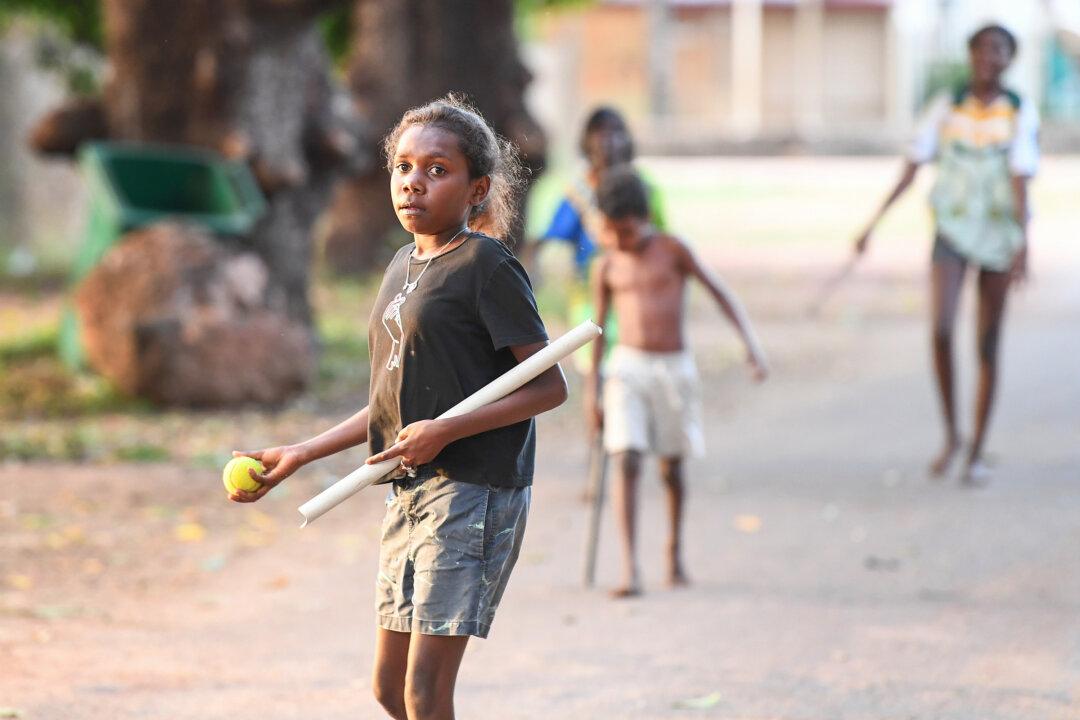Native Title holders are concerned that an Indigenous Voice to Parliament could erode their hard-fought gains, says former Keating Labor government minister Gary Johns.
The now-author on Indigenous affairs and committee member of the No Campaign against The Voice says he has spoken to Aboriginal Native Title holders who are worried a new layer of bureaucracy could conflict with their land rights.





